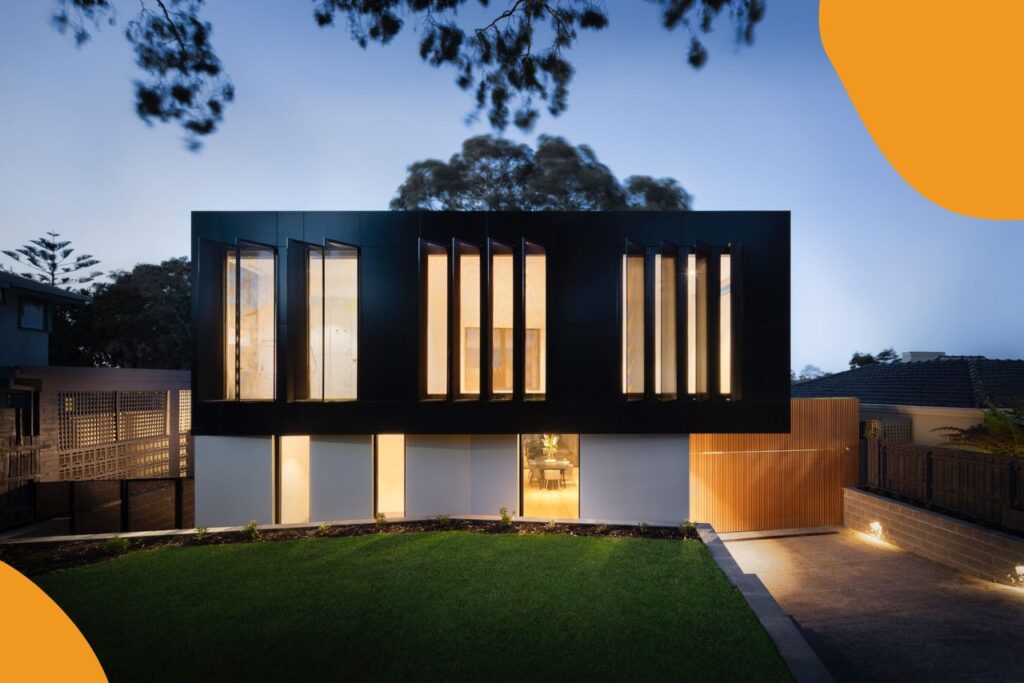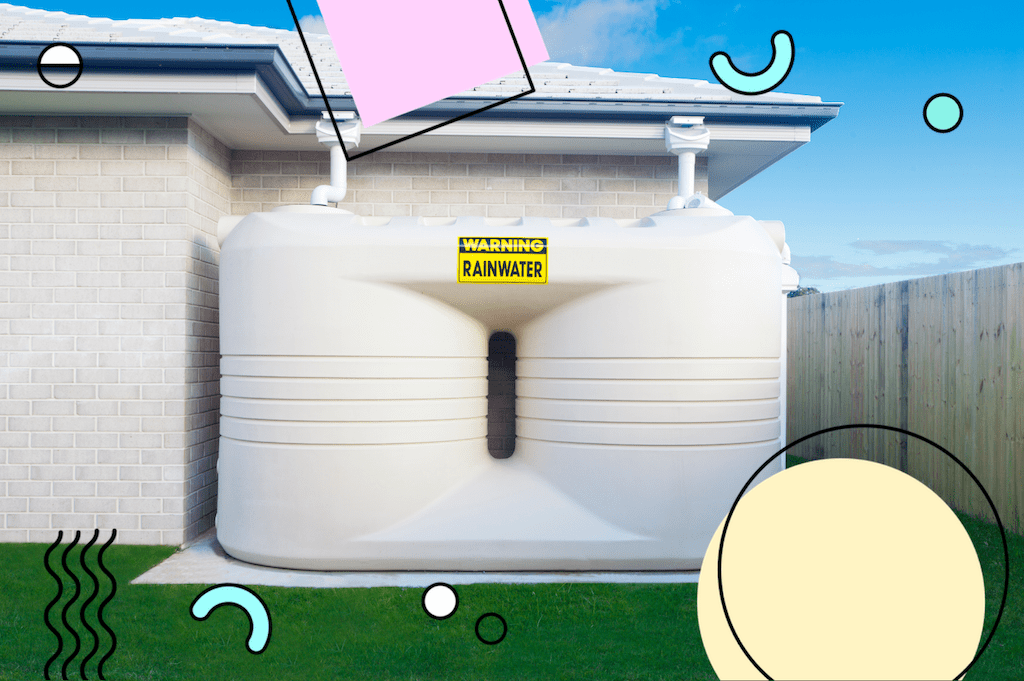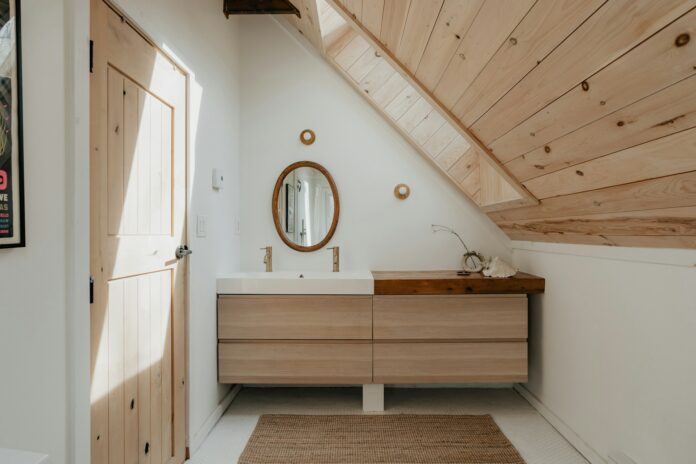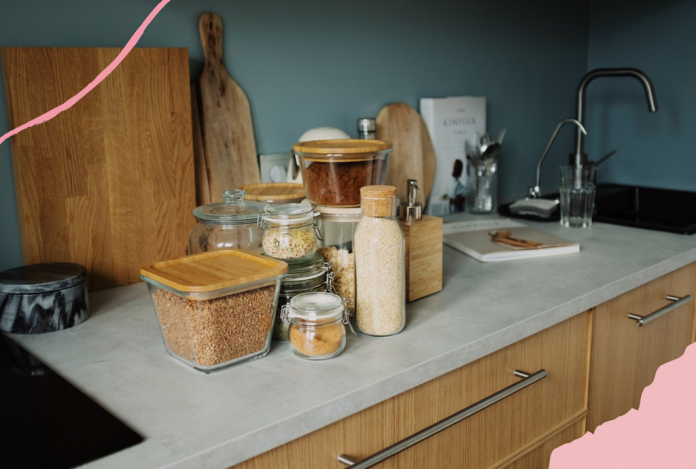The near constant stream of news concerning record-breaking temperatures, flooding, wildfires and natural disasters has drawn into sharp focus the cataclysmic impact of human activity on the planet.
This was only underlined by March 2023’s dire, drastic ‘final warning’ from the IPCC, which stated starkly that the world was on the brink of irrevocable damage.
We’ve probably all heard by now that just 100 major corporations are responsible for the vast majority (70%) of the world’s greenhouse gas emissions. That said, domestically, there are things the individual can do to keep up their end of the bargain. We’ve already swapped out the incandescent light bulbs, switched up the car to electric and even stopped rinsing our plates. So, what next?
Well, it’s going to take more than a few habitual shifts to arrest the planet’s decline. Instead, wholesale change at home looks likely in the coming decades. With that in mind, today we’re considering net zero homes, here’s how homes can be more eco friendly in the future.
Sustainable Materials
The materials that are used foundationally, as well as for interiors and exteriors of the home, are due to change significantly in the coming decades.
Gone are traditional bricks and mortar houses, to be replaced with sustainable materials. For the outside of the home, AAC block, which emits less heat in their production, will replace red brick. Expect to see recycled steel for structural use, and cork and bamboo forming the basis of floors and walls. The latter is particularly popular in sustainable building circles right now, largely because it grows so quickly, but also because bamboo, remarkably, has a higher compressive strength than concrete, bricks or wood.
As such, expect to see bamboo used not only domestically, but also in retail and hospitality settings with increasing frequency.
Read: 5 eco-friendly design ideas for 2023

Insulation
Making changes to your home’s insulation to conserve heat in colder periods and keep things cool during the warmer months looks set to become more of a priority in the UK as temperatures become more erratic.
Indeed, according to a 2017 government report on Household Energy Efficiency, ‘’13.5 million homes had cavity wall insulation’’. That’s just over two thirds of homes with cavity walls, meaning a huge amount still requires such insulation.
Indeed, considering we lose somewhere around 35% of our home’s heat through uninsulated or poorly insulated walls, it’s no surprise that the eco-friendly home of the future will come with such insulation as standard. This is because cavity wall insulation became compulsory for new builds in the 1990s.
Triple Glazing
Another chunk is lost through the roof if it’s not properly insulated, and another portion flies through windows that aren’t double-glazed. If your windows are only single glazed, heat will be lost through them, having a significant impact on your home’s energy efficiency.
Installing the latest pane technology will ensure as little heat as possible is lost via the windows, significantly lowering the necessity for central heating being on.
Though double glazing now comes as standard, due to building regulations introduced in April 2002, expect triple glazing to soon become the norm, since it improves the energy performance of regular double glazing by around 50%, according to Home Building. For any home aiming for net zero, such windows will become essential.
Greywater Collection & Re-use
Not only does collecting rainwater for your plants reduce your garden’s water usage, but rainwater is actually better for your plants than tap water. Who knew? The latter contains harmful treatment chemicals, pharmaceuticals and high salt levels which aren’t beneficial for healthy, thriving plants. For an eco friendly home, it just makes perfect sense, don’t you think?
What’s more, collection of rainwater, when stored smartly, can be plumbed back into the home and used for flushing toilets, washing clothes and other household errands.
Rain barrels, butts and tanks are the most popular and effective way to collect water, with ever smarter water collection solutions which are able to filter the water set to define the next decade and beyond.

Solar Panels
Solar panels right now represent an almighty investment but they’re also a wise one for a number of reasons. If you’re keen to reduce energy bills and, in turn, your household’s environmental impact, then installing outdoor solar panels – most likely on your roof but also sometimes at ground level, in your garden – can do just that.
Though solar technology is still in its (relative) infancy and production methods time consuming and costly, huge inroads are being made on quickening up the manufacturing and, more importantly, lowering the cost of panels. As technology progresses, expect solar panels to become more ubiquitous domestically, and more affordable solar panel options to proliferate.
This will help homes get closer to that net zero aim in the coming years. According to Money Saving Expert, panel installation can raise your property’s EPC (Energy Performance Certificate) from a D to a band B, meaning your home is using its energy much more efficiently.
Smart Controls
It’s a development that’s already here, but homes which are controlled remotely, smartly, and able to learn and adapt to your habits are only set to become more commonplace. Aside from smart technology’s obvious convenience, having a home that’s optimised to only be ‘on’ when you’re ‘in’ makes the domestic setting a far more energy efficient prospect.
Let’s follow suit and be as time efficient as possible; instead of wittering on here, we’ll redirect you to these 5 modern smart upgrades to improve your home.





